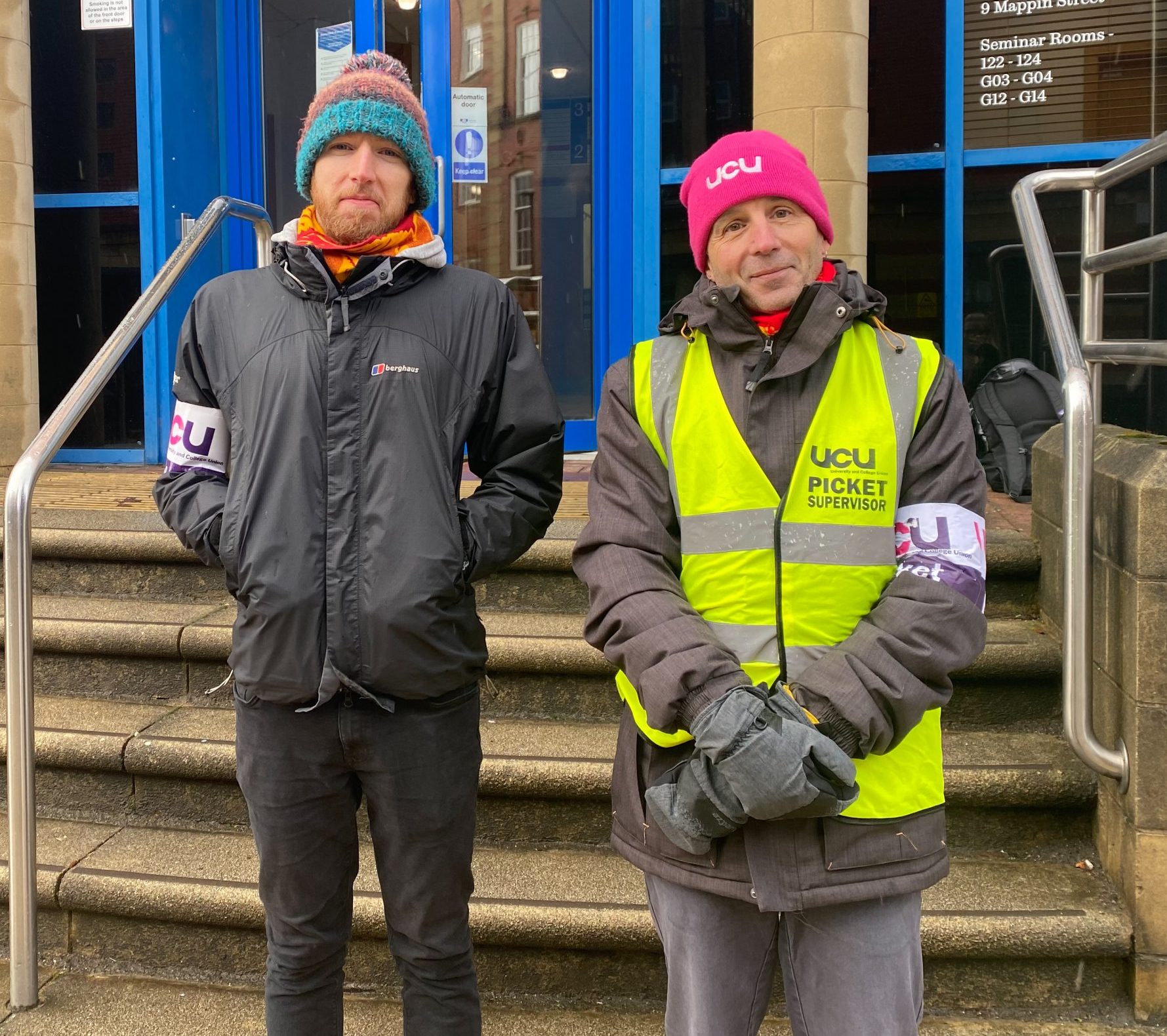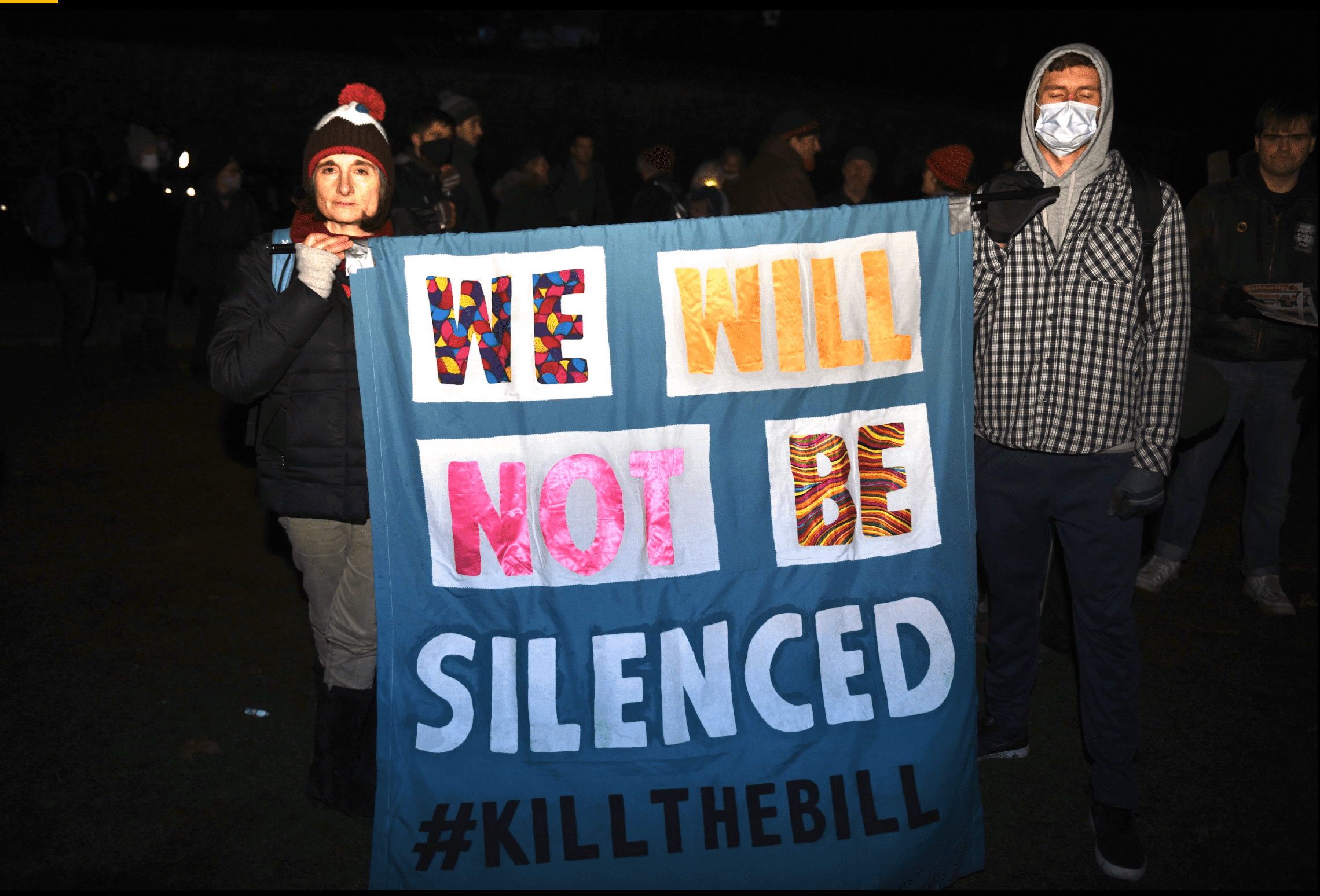The cover of Time magazine in 2006 was like a prophecy. The Person of the Year was You. Yes, you, me, and everyone who produces content for blogs, websites, social media profiles and many other platforms which feature user-generated content.
Many years later, the world has seen the power of Instagram, Facebook, Twitter and other social media channels whose purpose is making us closer. But before that, people used blogs to share their stories, thoughts, and tips with others.
The word blog was coined in the late 1990s and since then many people started creating posts about different subjects such as politics, lifestyle, business, and travel. Whether as a hobby or a professional career, bloggers became influencers. Many people say that Instagrammers and TikTokers replaced the traditional Blogger. But do the numbers support this perspective? Is everything so clear cut?
Jake O’Neill, Head of Marketing for Vuelio, a market-leading software which ranks the most successful blogs, disagrees that those who craft blogs have become old-fashioned.
“Blogs are still going strong and for many influencers who have a blog, it is still a vital piece of the puzzle. It allows for flexibility in content creation and brings in a captive audience. They are not having to compete with thousands of other posts. For many influencers it is also a key part of their commercial relationships, again because content on blogs is typically considered higher value than on social media accounts,” said Mr O’Neill.
The report “UK Influencer Survey 2020” commissioned by Vuelio, shows that 35 per cent of the bloggers see influencing as their current or planned future income. They seek compensation for their posts whether it is in form of a gift, a trip or sponsored posts.
Around 30 per cent of the blogger’s collaborative work receives payment. Sponsored blog posts are likely to be paid, but the amount of money involved varies depending on the number of followers, page views, time to create the content and other factors.

Measures that are considered when negotiating compensation (%) Source: © Vuelio
However, some influencers are not that interested in the monetary side of blogging. People using their blogs as a hobby spend on average between 5-10 hours per week on their channels, and according to the same report the most frequent themes are fashion and beauty, lifestyle, parenting, food and travel.
We all know what we want and the easy access to content has made us re-evaluate our choices. We live in a culture that is about doing everything now. We are heavy on information and sometimes light on patience and time.
It’s Carol is from a Portuguese 22-year-old blogger and she reflected on the power of social media and how it may have influenced our way of looking at blogs.
“I think social media made us ‘pickier’. There is an intensity in social media. We want everything to be quick and accessible. But the magic of blogs is in the slow-paced content, in the ability to look out for details, in the simple fact that we are reading a piece of content without rushing to move onto the next. That is the contrast between social media and blogs. They are different spheres in one common universe, the Internet,” said Carol.
She has different approaches when writing posts for her blog and for her social accounts.
“A blog is not like a profile on Instagram. They are products which we consume at different rhythms. When I write a post, I want my readers to enjoy reading it. I never publish anything thinking I may lose readers because they do not have time or patience to read more than two lines. The online world offers endless content possibilities, we just need to know where to look and how much time we are willing to spend with it,” explained the blogger.
The suggestion that blogs are becoming a thing of the past is also not supported by the numbers from the report. Instagram, Facebook and Twitter are used alongside those channels to promote the contents.
“Social media is part of the mix for most bloggers, in content promotion and audience engagement,” said Mr O’Neill.

Main platform used by gender (%) Source: © Vuelio
Blogs facilitate a platform for people to express their opinions and they frequently influence the mainstream media. Even journalists are attracted to this world of endless possibilities.
Nikki Osman wrote in the Guardian: “While it is true that anyone can set up a blog, for a journalist a blog can demonstrate a number of things that you will no doubt want editors to see: an ability to write, the motivation to write regularly and an ability to upload content, to name a few.”
From event attendance, to writing reviews, producing video and text, being a blogger and an influencer is a full-time job seen by many as glamorous and impactful. But the recent months have not been easy, and the pandemic has also affected their work.
On the Vuelio report, Elle Linton of Keep it simpElle said: “Since lockdown, I have been teaching online fitness classes as I can no longer do that in a gym, and it has opened up a two-way communication with my audience. I have found engagement has improved on my Instagram main feed (albeit not what it used to be back in the day), and I feel more connected to the proportion of my audience I have been able to reach.”
If you are looking for something to do while enjoying the last days of lockdown, there are some basic steps to start a blog. WordPress, Blogger, Tumblr are some of the most used platforms and there is a gap in the blogosphere for women focused on Political, Technology, Gaming and Music.
And remember, being a blogger does not prevent you from being an influencer, an Instagrammer or a TikToker. All channels have different attributes to bring to the table.
Carol leaves a piece of advice for someone entering the blogging community:
“Do it because you like it. Do it because you want to have fun, but above all be honest with yourself. If there is a day where it does not sound fun, there is no problem at all. The day after that we are back. Or the next week, month or year. Someone will be reading it somewhere, responding to it and paying attention. It is a silent authenticity that never goes away.”




